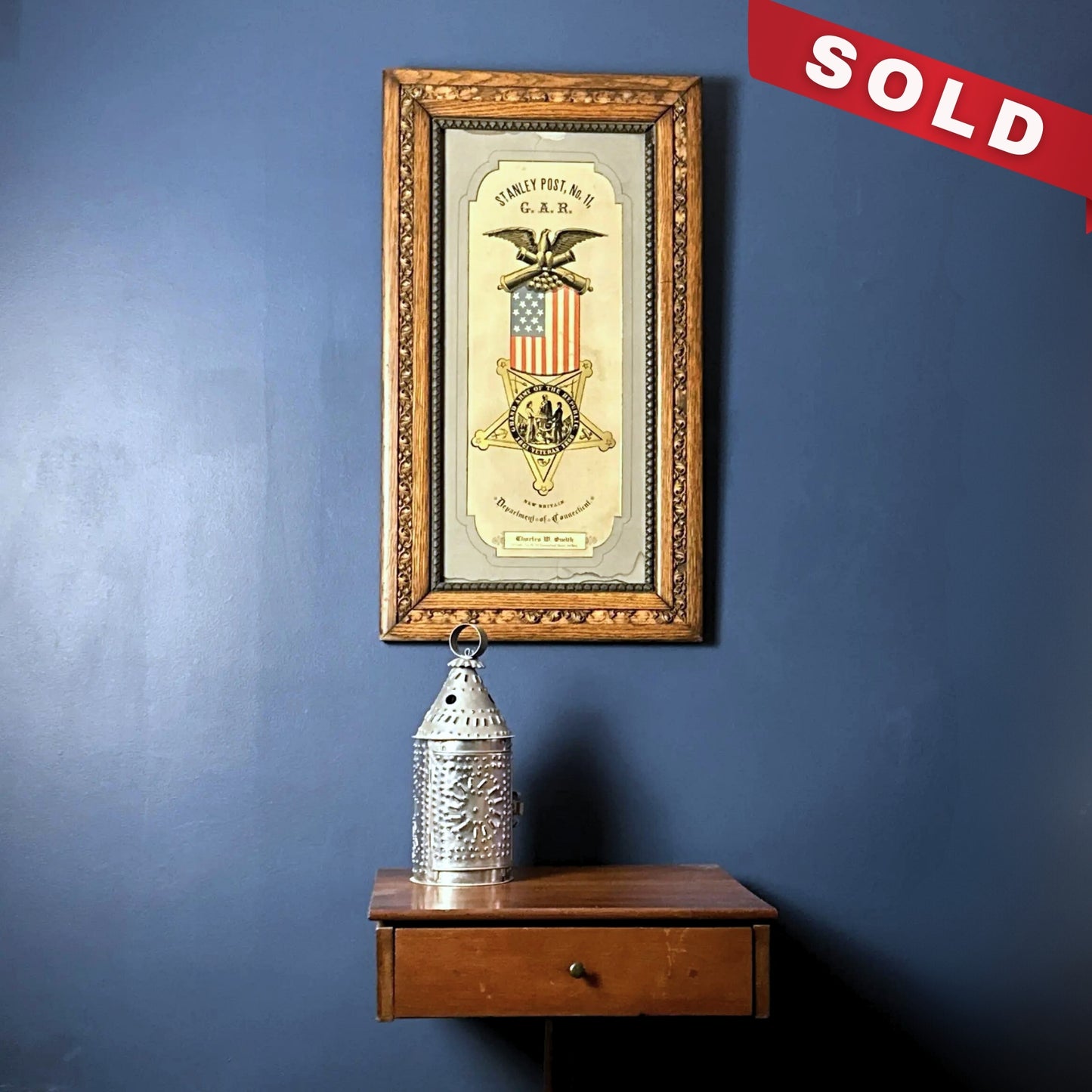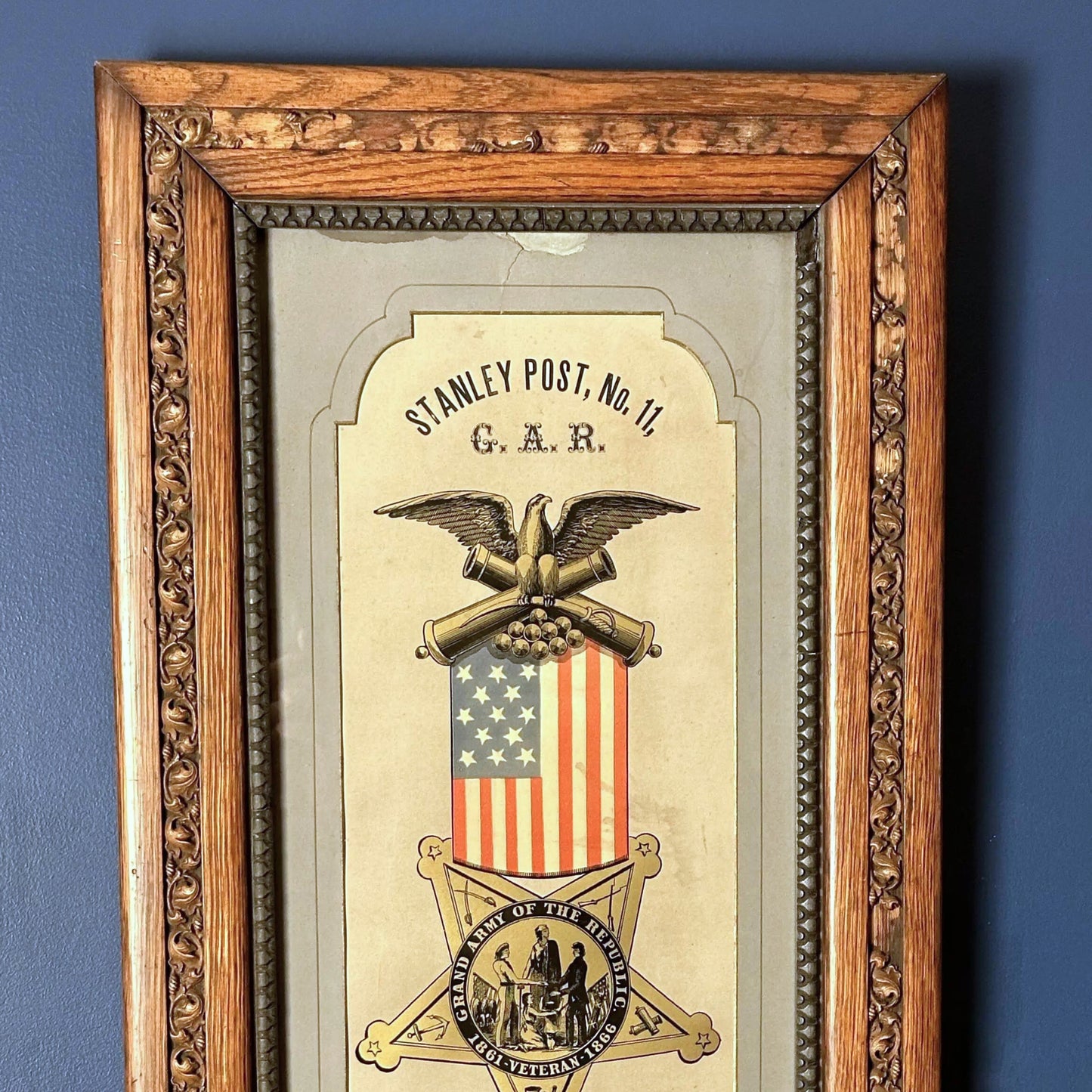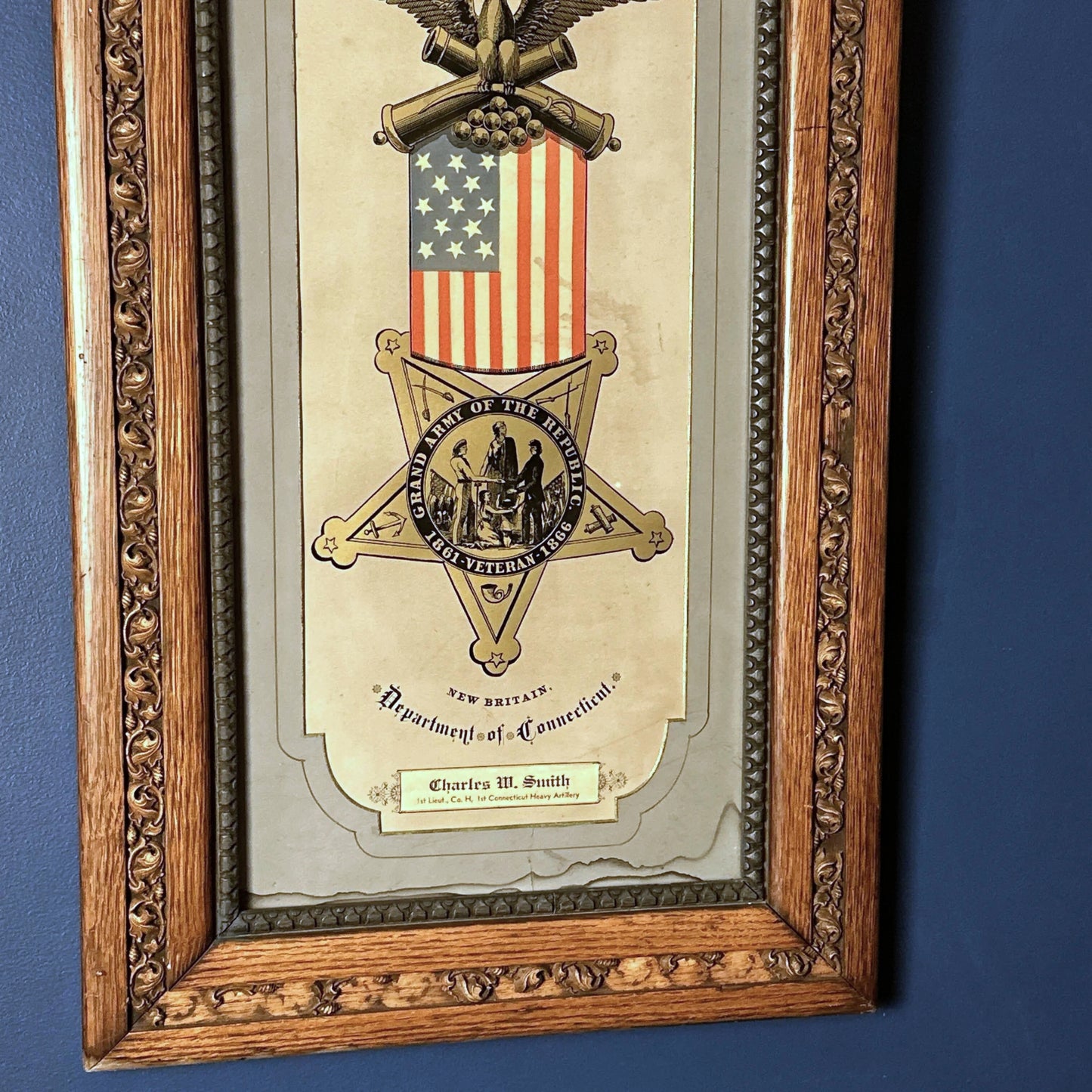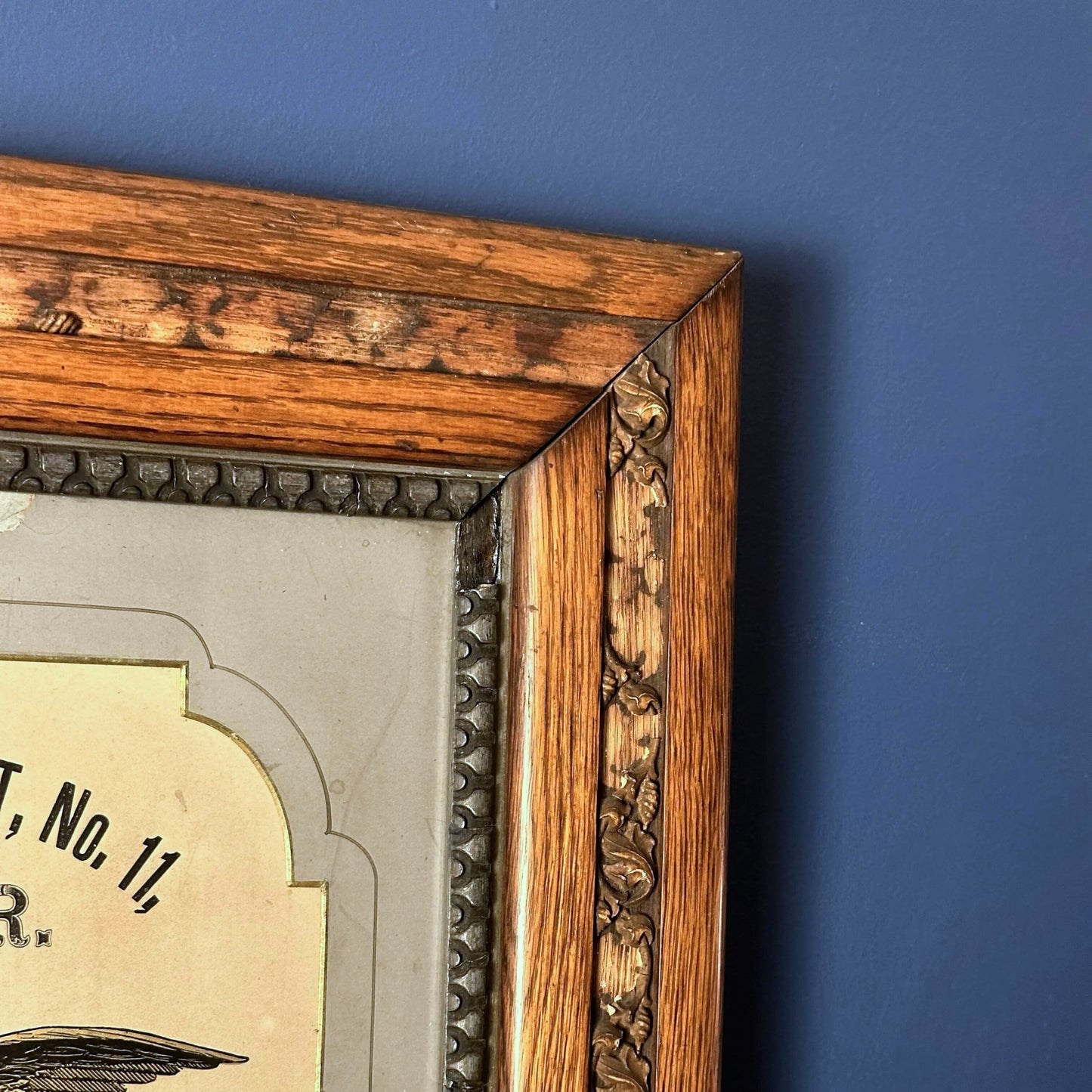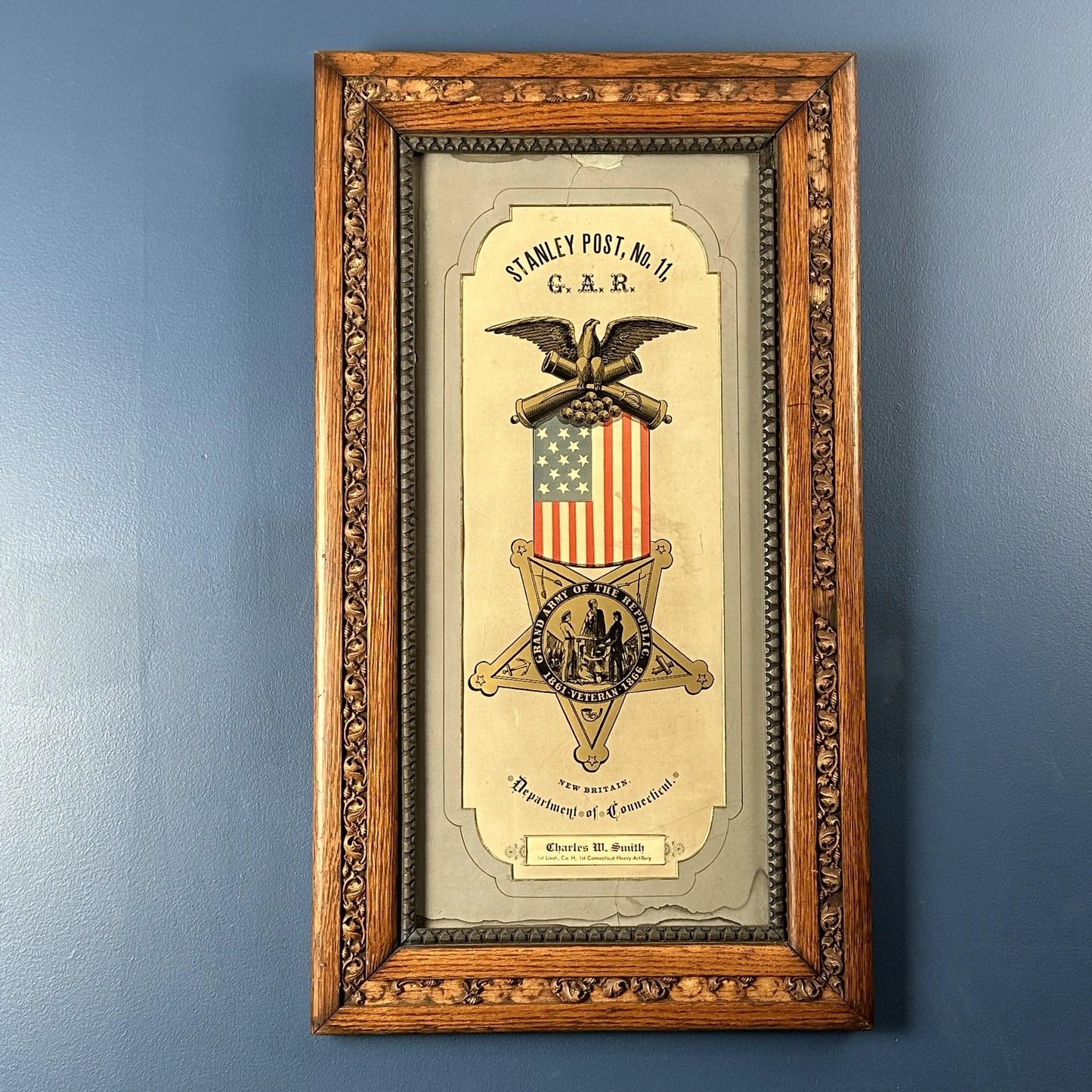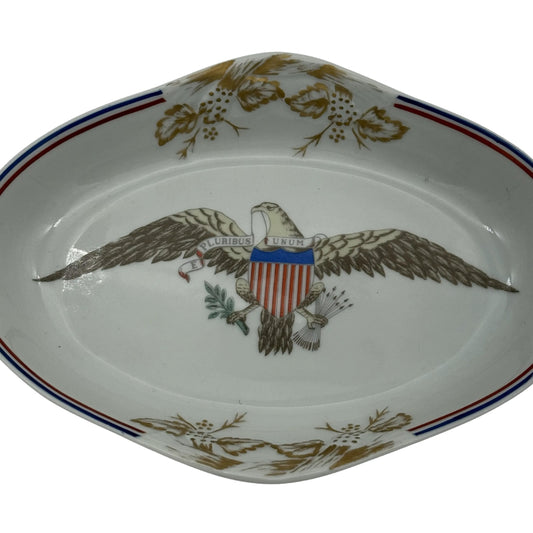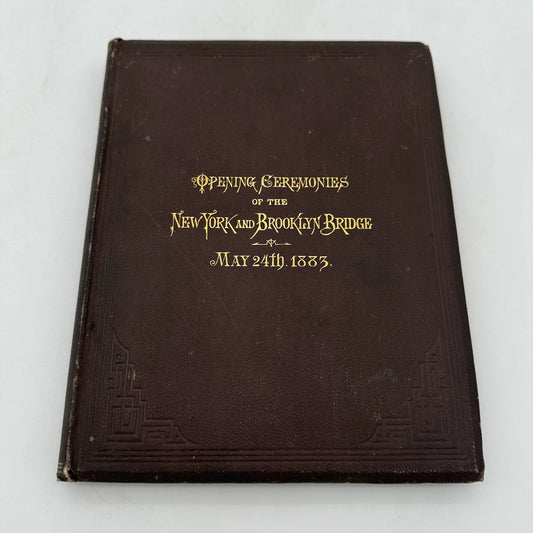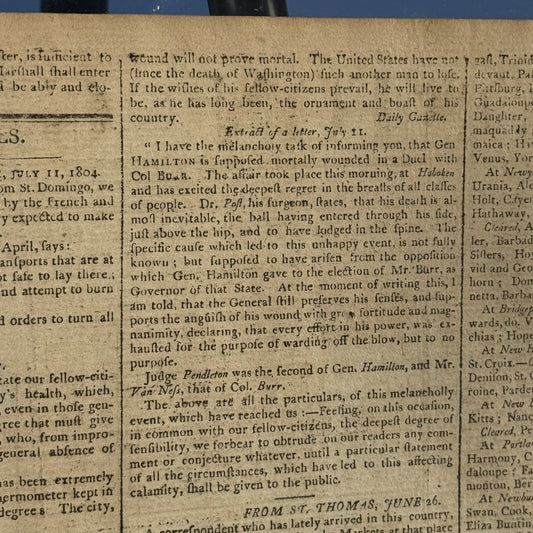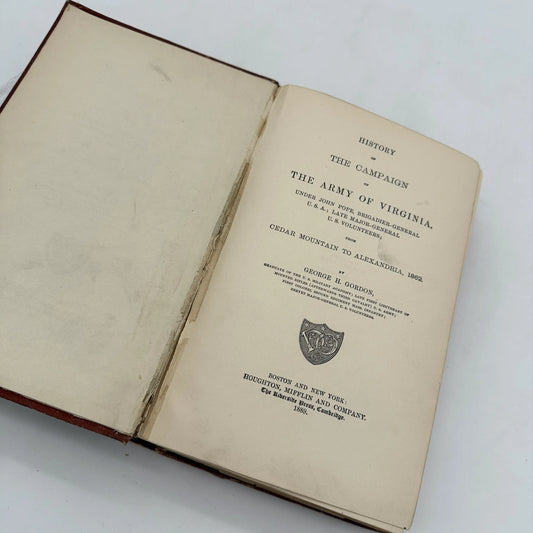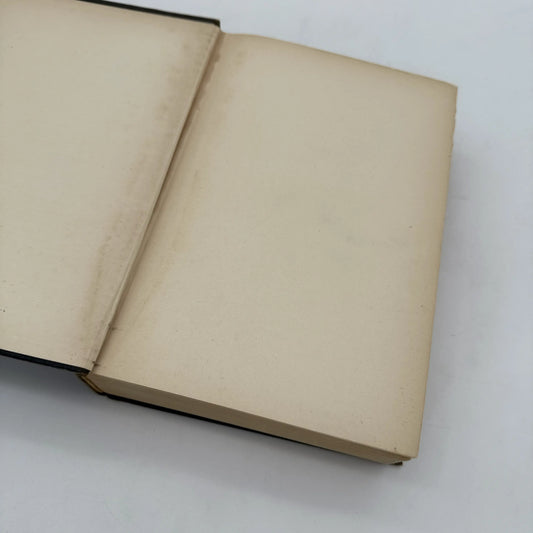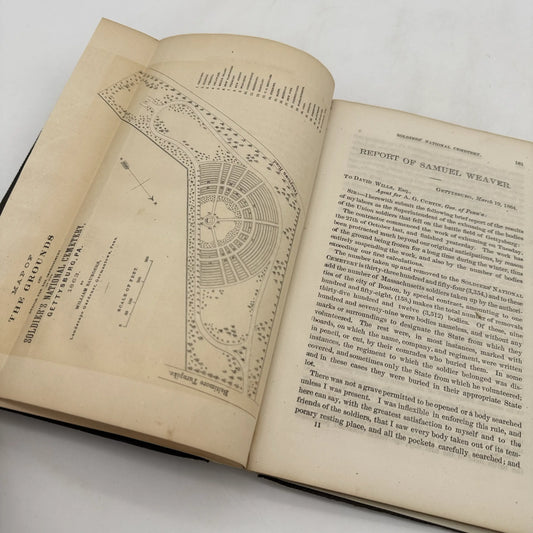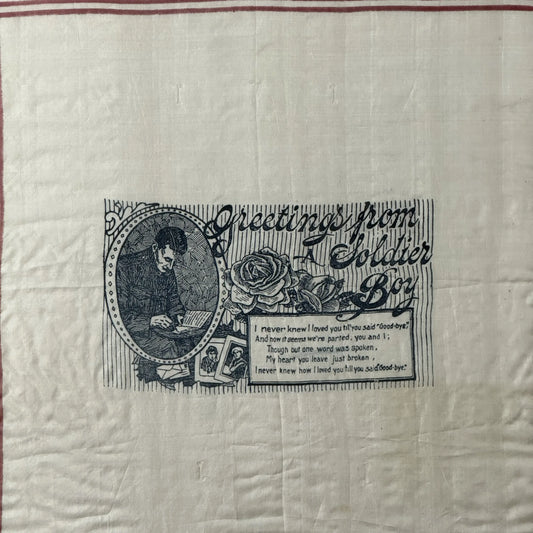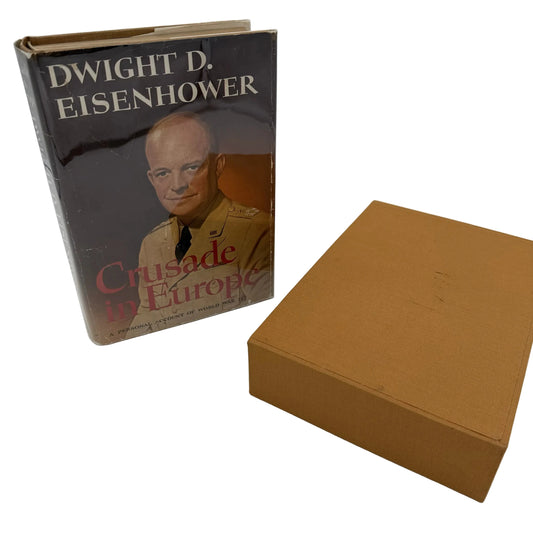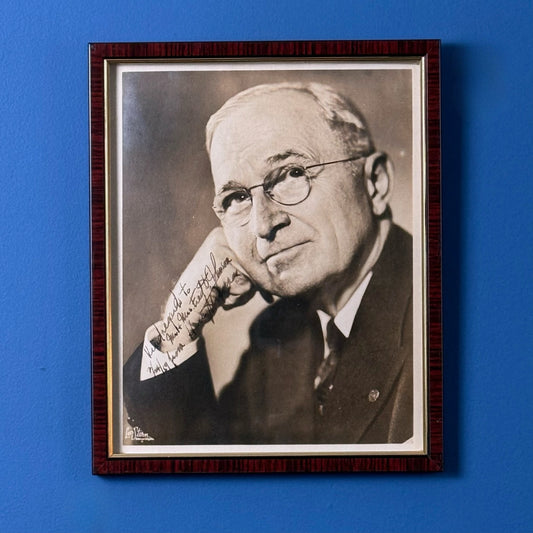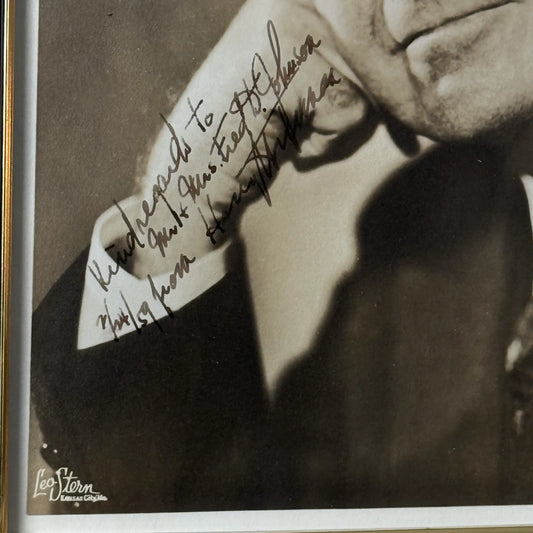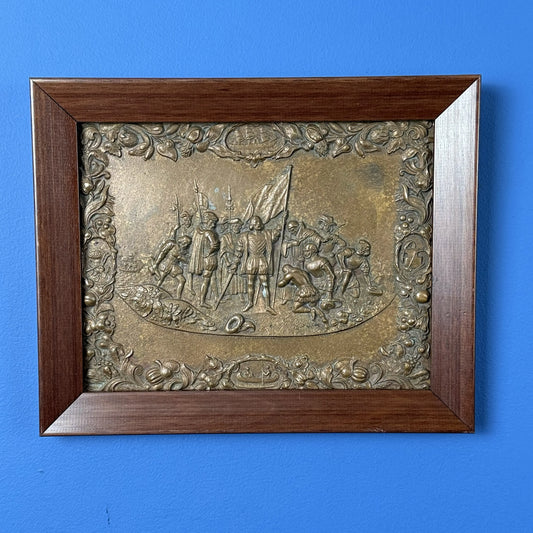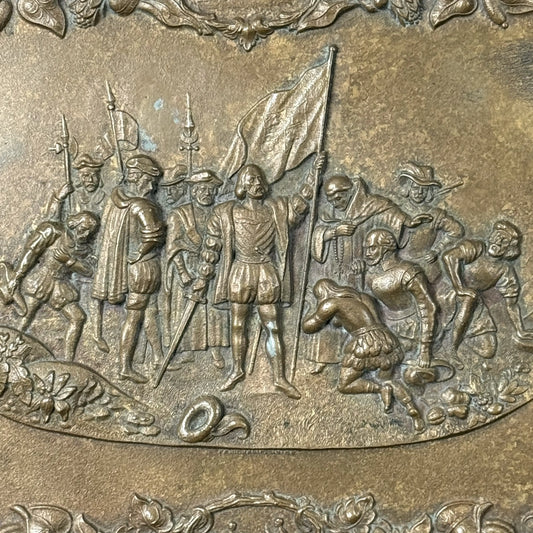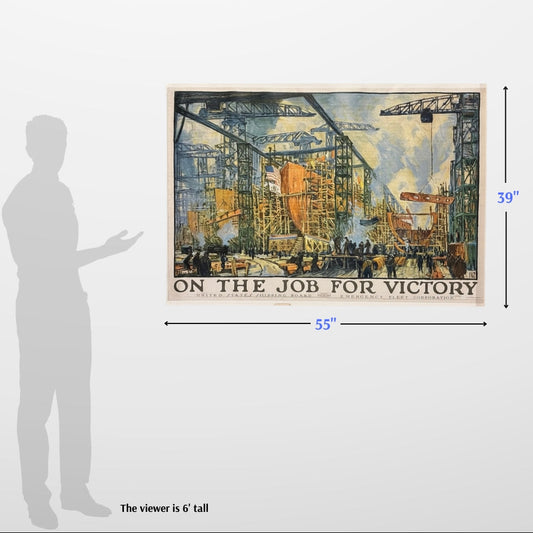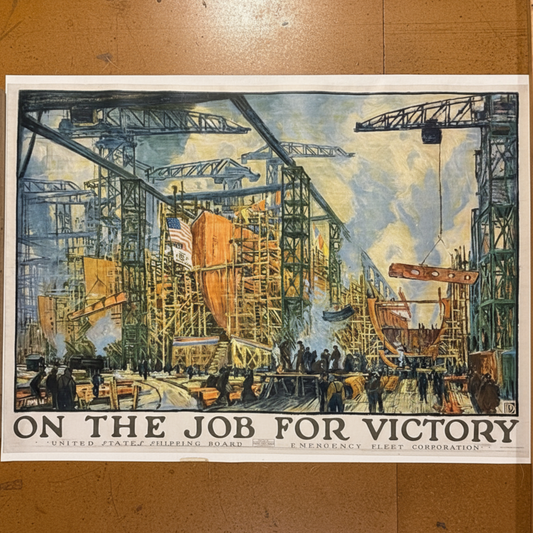Civil War Grand Army of the Republic Stanley Post, No. 11 — In ornate wooden frame
Civil War Grand Army of the Republic Stanley Post, No. 11 — In ornate wooden frame
Updated May 23: This has been sold.
Still available, Civil War Grand Army of the Republic Trumbull Post, No. 16 — In black frame
This veterans New Britain GAR sign recognizes Charles W. Smith 1st. Lieut. Co. H 1st Connecticut Heavy Artillery. See the detailed historical information on Smith below, including the letter he wrote to his future wife, and more information on his unit, including where they served.
Nicely sized, framed, and matted, this makes a striking impression and is perfect for the office or den of anyone who is a lover of the history of the Civil War.
Framed under glass in an oak frame with a gilt-edged mat. Frame is missing filigree in areas, and there is some slight water damage, as shown in the photos, as well as a tear near the top.
Note that the small table and lantern are included not because they are from the Civil War but as a way to convey the size of the piece.
Size: 29.5" x 16.5"
Shipping: $25.
"Charles kept a diary during the war which includes the following entries: On 23 August 1861 Smith notes a rebellion in camp resulting in Company K being sent to headquarters under guard for refusing to obey orders. On 4 September 1861 he mentions that S. A. Woodruff accidentally discharged his gun, shooting through the body and killing a soldier in Company G. On 11 November 1861 the unit celebrated McClellan’s birthday by holding a dance in camp. He notes the death of Edward Alvord in a hospital near Fort Richardson on 26 March 1862. Pleasant weather was noted on the Peninsula from 10-20 April 1862. He writes on 10 May 1862, “Norfolk was evacuated this morning & the Merrimack was blown up by the Rebels.” On 22 May 1862, Smith wrote, “It comenced to rain about noon & rained like the devil for four hours we were out in all of it & got as wet as rats we marched about six miles while it was raining & the mud was up to our asses. we went into camp at 5 PM for the night –” The diary becomes very sporadic after early July 1862.
"George wrote this letter to Emma A. Leach (1843-1914), the daughter of George Leach (1815-1894) and Maria L. Baldwin (1828-1913) of Litchfield, Connecticut. She would later become his wife.
Chambersburg, [Pennsylvania]
June 15th 1861
Friend Emma,
As you requested me to commence writing directly after breakfast, I have done so. First I will give you a short history of our camp life &c. We left Hartford last Monday expecting to go to Washington. We took the boats City of Hartford & Granite State for Jersey City at 5 P. M., arriving there at 6 A. M. Tuesday. There we received orders to go to Chambersburg via Philadelphia & Harrisburg. Owing to the change in our route, we were delayed some on our route but we had a very good time but rather hard grub which made the boys grumble some.

Now Emma, I should like to have had you seen us as we left Hartford with our rations for three days in our haversacks which is nothing or less than a twill cotton bag, some[thing] similar to an old woman’s work bag. Our rations consist of horse beef & hard bread which is a little different from that which I have been used to. The night we reached this place, we had the soft ground for a bed & the sky for a coverlet which was something of a curiosity to see—one thousand men laying on the ground with nothing but a blanket to cover us.
Thursday we pitched our tents & got regulated once more. We are in camp with one Wisconsin regiment & one Pennsylvania regiment making three thousand men. The Wisconsin boys visited us last night headed by their colonel. They are the best set of men I ever saw together.
We are within 36 miles of Harpers Ferry & within 20 miles of their picket guard. It is said that we move today again. If so, we shall probably to towards Harpers Ferry & I expect to see that place in less than a week if I am alive. Our company are most of them in good health and our chief amusement is finding fault about our grub &c. We are under strict military discipline. The guard march will load guns with orders to shoot any man that attempts to run the guard.
Now Emma, I suppose you think it strange that I did not come to Chestnut Hill when I went home. My reasons were that I had bid you all goodbye & my time was so short that I could only do the same again which I thought was useless. If I had had time to made you a visit, I would have done so.
Now Emma, I must close this uninteresting letter as it is time for drill. It is very pleasant weather and the finest country I ever saw. Cherries & strawberries are ripe. Give my love to all enquiring friends & please write as soon as you receive this. I shall probably be in Virginia before you receive this but that will make no difference as our letters are sent to us wherever we are.
From your friend, — C. W. Smith
Chambersburg, [Pennsylvania]
June 15th 1861
Source: Spared and Shared
About the 1st Connecticut Heavy Artillery Regiment
The 1st Connecticut Heavy Artillery Regiment was organized in Washington, D.C., from the 4th Connecticut Volunteer Infantry and mustered on January 2, 1862, under the command of Colonel Robert O. Tyler.
The 1st Connecticut Heavy Artillery mustered out of the service September 25, 1865.
Detailed service
Duty at Fort Richardson, defenses of Washington, D.C., until April 1862. Ordered to the Peninsula, Va., in charge of the siege train, Army of the Potomac, April 2. Siege of Yorktown April 12 – May 4. Battle of Hanover Court House May 27. Operations about Hanover Court House May 27–29. Seven days before Richmond June 25 – July 1. Gaines Mill June 27. Malvern Hill July 1. At Harrison's Landing until August 15. Moved to Alexandria, Virginia, August 16–27. Duty in the defenses of Washington, D.C., until May 1864, as garrison at Fort Richardson. Batteries B and M detached with the Army of the Potomac, participating in the Battle of Fredericksburg, December 12–15. Chancellorsville Campaign April 27 – May 6. Battle of Chancellorsville May 1–5. Stafford Heights June 12. Battle of Gettysburg, July 1–3. Bristoe Campaign October 9–22. Advance to line of the Rappahannock River November 7–8. Brandy Station, Virginia November 8. Mine Run Campaign November 26 – December 2. Rejoined regiment in defenses of Washington January 1864. Regiment ordered to Bermuda Hundred, Virginia, May 13, 1864. Engaged in fatigue duty and as garrison for batteries and forts on the Bermuda front and lines before Petersburg during siege operations against Petersburg and Richmond, May 1864 to April 1865. Occupy Fort Converse, Redoubt Dutton, Batteries Spofford, Anderson, Pruyn, and Perry on the Bermuda front, and Forts Rice, Morton, Sedgwick, and McGilvrey, and Batteries 1, 2, 3, 4, 5, 9, 10, 11, 12, 14, 15, 17, 18, 20, Burpee, Drake, and Sawyer, on the Petersburg front, and at Dutch Gap, north of the James River. Assaults on Fort Dutton June 2 and 21, 1864 (Battery L). Attacks on the lines May 18, 19, 20, 21, 25, 27, 30, 31, June 1, 2, 5, 9, 18, 20 and 23. Battle of the Crater July 30, August 25, November 17, 18 and 28, 1864. Repulse of rebel fleet at Fort Brady on James River January 23–24, 1865. Expedition to Fort Fisher, North Carolina, January 3–15, 1865 (Batteries B, G, and L). Capture of Fort Fisher January 15 (Batteries B, G, and L). Assaults on and fall of Petersburg, Virginia, April 2, 1865. Duty in the Department of Virginia until July 11. Moved to Washington, D.C., and duty in the defenses of that city until September.
The regiment lost a total of 227 men during service; 2 officers and 49 enlisted men killed or mortally wounded, 4 officers and 172 enlisted men died of disease.
Source: Wikipedia
Made by America
Made by America
Almost all of the new products we offer are designed by us and made in America and most of our Rare Finds were made in America.
Our original designs are based on our nation’s history and our love of American history. Read more about other things we've created, including The History List, History Camp, and The Pursuit of History, in addition to The History List Store.
Every product that is made in America states that in the product description and includes the "Made in U.S.A." graphic.
